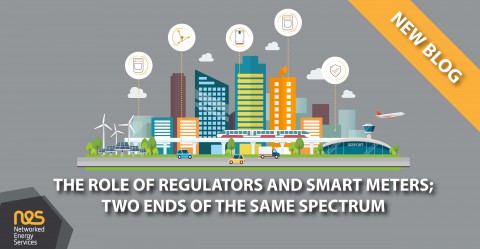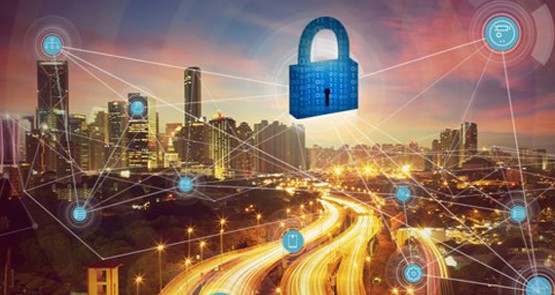
The Role of Regulators and Smart Meters; Two Ends of the Same Spectrum
Jan 18, 2022In the smart energy transition, we can look at the regulator and the smart meter as being two ends of a line connecting policy setting with policy execution.
The regulator defines how the utilities deliver energy, encourage prosumers, develop models allowing energy brokering, regulate the quality of the supply of energy, control energy flows and charge for that energy.
The smart meter, as the point of “intelligence” closest to the customer, is one of the key pieces of technology to implement these policies.
NES initiated a short poll as part of a recent webinar (Click here to access webinar) to ask how the audience felt about the guidance from the regulator and the readiness of smart meters to implement that guidance.
We would hope that the answers were that guidance from regulators was sufficient to drive the smart energy transition forwards and that the smart meters being deployed were sufficient to meet the demands of the regulation. What came out was not quite so black and white.
The first question was:
Do you feel that regulators are providing sufficient direction to allow DSOs to make investments to implement the CEP (Clean Energy Package)?
Strongly Agree: 9.5% Agree: 37.5% Disagree: 40.5% Strongly Disagree: 12.5%
The ask for more guidance from regulators is the obvious outcome of the poll. It also opens up more questions:
- Should we, as an industry, be waiting on the guidance?
- Has the industry, historically, been too dependent on receiving direction?
- Should the industry be willing to accept more risk through innovation?
- Do we re-assess the roles and responsibilities (and rewards) of the DSO as an innovator?
The second question was:
Do you feel that DSOs have the right smart meters and supporting systems to implement the smart energy transition?
Yes: 52.80% No: 47.20%
Clearly, those DSOs that have been running smart meters for decades have established technology and procedures for making the smart meter work for them. It is those just starting on their journey that are being asked to take a technological and business “leap-of-faith”.
Maybe, the question here is what can those DSOs with the right systems and experience, and their suppliers of technology, do to ensure that the half which seems less well prepared can quickly benefit from these experiences? At the end of the day, the technology is just the enabler – we also need the drive to make use of it to manage the increasingly decentralized grid.
It is interesting that, generally, the DSOs more experienced in smart meters are taking significant steps to address these points:
- Many are starting innovation departments; one of their roles is to look beyond the regulatory requirement and see how technology can implement more efficiency and opportunity in their business
- Some are transferring their metering infrastructure from the revenue-assurance function to the IT function; recognizing that the smart meter is an item of technology which can be used to do so much more than just record energy usage
- Many are making their experiences public through forums and studies so that those DSOs moving into smart metering can benefit and deploy the right technology with more confidence.
It is great to see DSOs taking such an active role in connecting these two ends of the same spectrum and helping to fill the gap in between.




